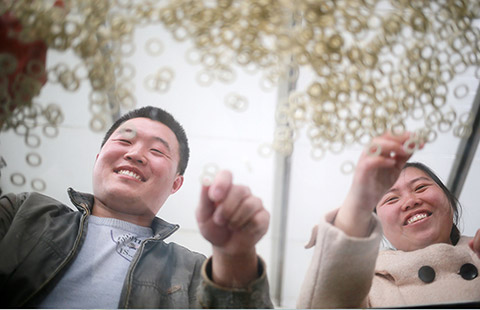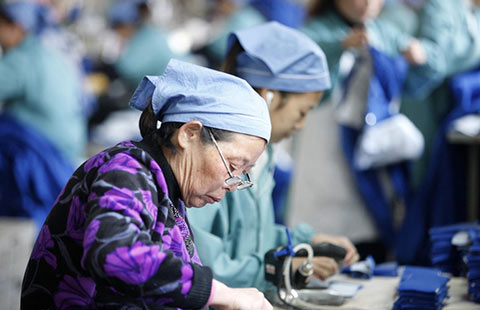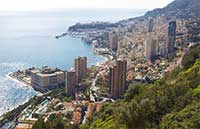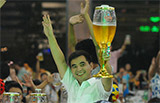Milking the overseas market
By Li Xiang (China Daily) Updated: 2012-10-13 14:34In 2008, a series of contamination scandals involving several major dairy producers in China severely damaged domestic consumer confidence and led to a dramatic reduction in the market share of domestic brands.
It also gave foreign brands a significant boost in the Chinese market, as consumers became willing to pay a premium for foreign brands as they remain concerned about the safety of domestic dairy products.
The market share of imported milk powder in China recently reached 50 percent, up from 30 percent in 2008, and the market share of imported high-end infant powder in the Chinese market is even higher, at 70 percent, according to industry experts.
While the price of foreign dairy brands has been soaring over the past several years, the price of imported raw milk has dropped steadily.
This price inversion has prompted many Chinese dairy producers to seek to control their overseas sources of cheap milk, industry analysts said.
In June, Chinese infant formula producer Biostime signed a 10-year financing and supply agreement with the Denmark-based European dairy giant Arla Foods.
The deal will secure Biostime a dedicated annual capacity of 20,000 metric tons of infant formula powder for the next 10 years, according to a statement issued by the two companies.
Beverage producer Wahaha Group also began to source its infant formula from a Dutch milk powder company several years ago, which helped package the product in the Netherlands and export it to China.
Analysts said there is ample room for Chinese dairy companies to further expand their presence in Europe, as many countries in the region are struggling with financial difficulties and high unemployment rates.
"The timing of Synutra's investment is good because Europe is now struggling with a capital shortage, unemployment issues and low growth prospects," Ernst & Young's Xu says.
Once completed, the project between Synutra and Sodiaal is expected to employ approximately 100 employees locally, according to media reports.
The desire to meet Chinese consumers' increasing demand for good quality dairy products and to restore the market share lost to foreign brands will continue to drive more Chinese capital into dairy industries abroad, industry experts said.
China is the world's largest infant formula market and is expected to overtake the United States as the world's largest dairy market by 2020.
Before looking up to the European markets, Chinese dairy investment has long targeted at the acquisition of dairy farms in New Zealand and Australia, the world's two major exporters of dairy products.
China Investment Corp, the country's sovereign wealth fund, recently sought to invest in Australia's largest dairy farm, which planned to raise $180 million equity to double milk production.
A Shanghai-based company, Peng-xin Group, also rolled out an ambitious plan to invest $210 million to purchase 16 dairy farms of 8,000 hectares in New Zealand. But a local court blocked the attempt due to concerns that Pengxin had exaggerated the benefits it would bring to the local farms.
The backlash against China's massive purchase of dairy estates overseas has raised questions as to whether this is a sustainable investment method.
Industry analysts said that Chinese dairy companies could face similar difficulties in Europe when they make investments and acquisitions as the European companies often prefer job-creating and sustainable partnerships based on mutual benefits and trust rather than one-off opportunities.
lixiang@chinadaily.com.cn
- Alibaba joins Momo buyout group
- Homelink said to be seeking funds
- China remains largest market for luxury goods
- Chinese household wealth rises as economy stabilizes
- US gets boost from Chinese demand for pork
- Pork prices bring squeals, grunts
- Chinese steel makers suffer heaviest loss in 2015
- China starts to release forex reserves in Special Drawing Rights

















